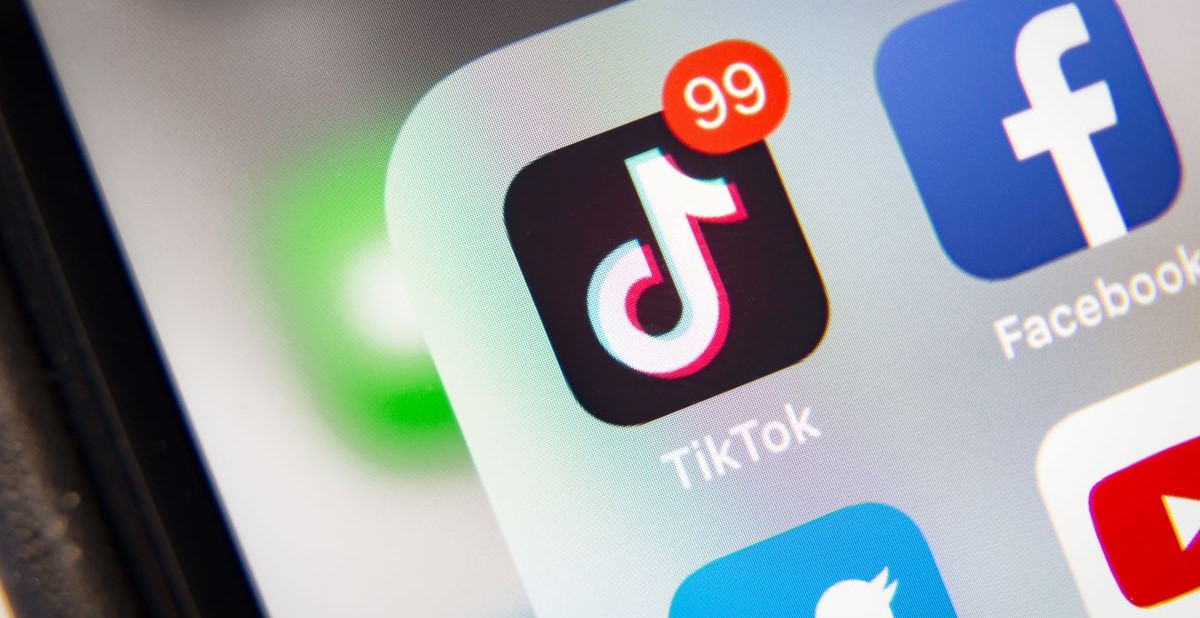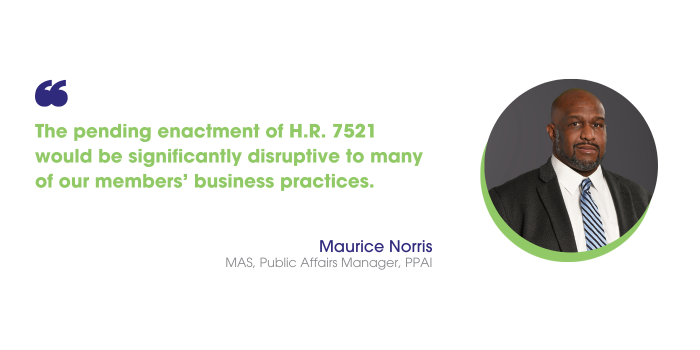TikTok Ban Bill Passes The U.S. House

The U.S. House of Representatives has passed a bill that could ban TikTok in the United States, impacting promotional products companies and their employees who use the popular social media platform for growing their business.
- R. 7521 – The Protecting Americans from Foreign Adversary Controlled Applications Act – would force ByteDance, the Chinese parent company of Los Angeles-based TikTok, to divest the video-sharing app within roughly six months of going into effect or be banned from U.S. app stores and web hosting services.
After a 352-65 vote (with one voting present) on Wednesday, the bill now goes to the Senate, where its fate is less certain, The Hill reported. President Joe Biden, whose re-election campaign joined TikTok last month, has said that he would sign the bill into law if passed by the Senate.
But that’s a pretty big “if,” according to Maurice Norris, MAS, public affairs manager at PPAI.

“There are still a lot of moving pieces, including the obstacle course this bill faces in the Senate, potential court challenges following the bill’s passage, the app owner’s willingness to divest and the six-month time frame for the sale, assuming the app owner opts to do so,” Norris says.
“Either way, the pending enactment of H.R. 7521 would be significantly disruptive to many of our members’ business practices.”
- Eleven industry influencers and two organizations on the 2024 #Online18 are among the promo entities currently on TikTok.
National Security Concerns
The bill’s quick passage through the House, which came less than a week after it was introduced by Reps. Mike Gallagher (R-Wis.) and Raja Krishnamoorthi (D-Ill.), stems from concerns that TikTok poses a national security risk.
Lawmakers believe the app could be used to share sensitive data from American users with the Chinese Communist Party, which TikTok CEO Shou Zi Chew has denied during Senate hearings, Reuters reported.
“This process was secret, and the bill was jammed through for one reason: it’s a ban,” a TikTok spokesperson said after the vote was passed. “We’re hopeful that the Senate will consider the facts, listen to their constituents and realize the impact on the economy, 7 million small businesses and the 170 million Americans who use our service.”
BREAKING: The House of Representatives just passed a bill that would effectively ban TikTok in the United States, violating the free speech rights of millions of Americans who use the platform daily to communicate and stay informed.
— ACLU (@ACLU) March 13, 2024
Opposition to the bill has come from several politicians and civil liberties organizations, including the Knight First Amendment Institute and the American Civil Liberties Union, who argue that the bill violates American users’ right to free speech.
- Previous federal and state-led efforts to ban TikTok have fizzled out, The Washington Post reported.
Uncertainty over the app’s future has led to several well-known TikTok creators to seek alternative ways to grow their brands, CNBC reported.

